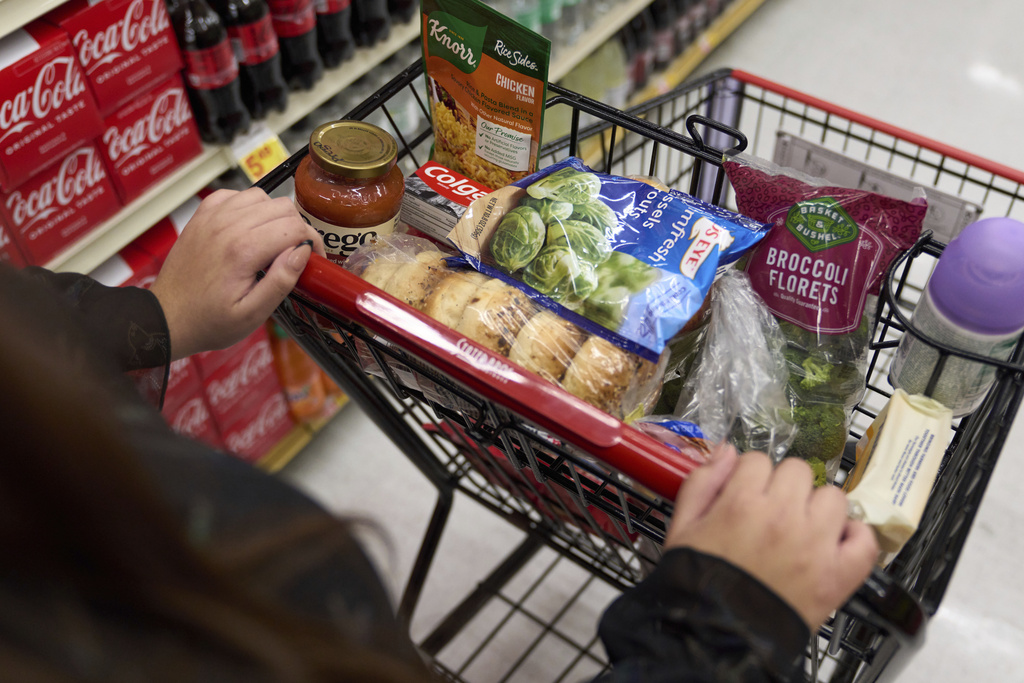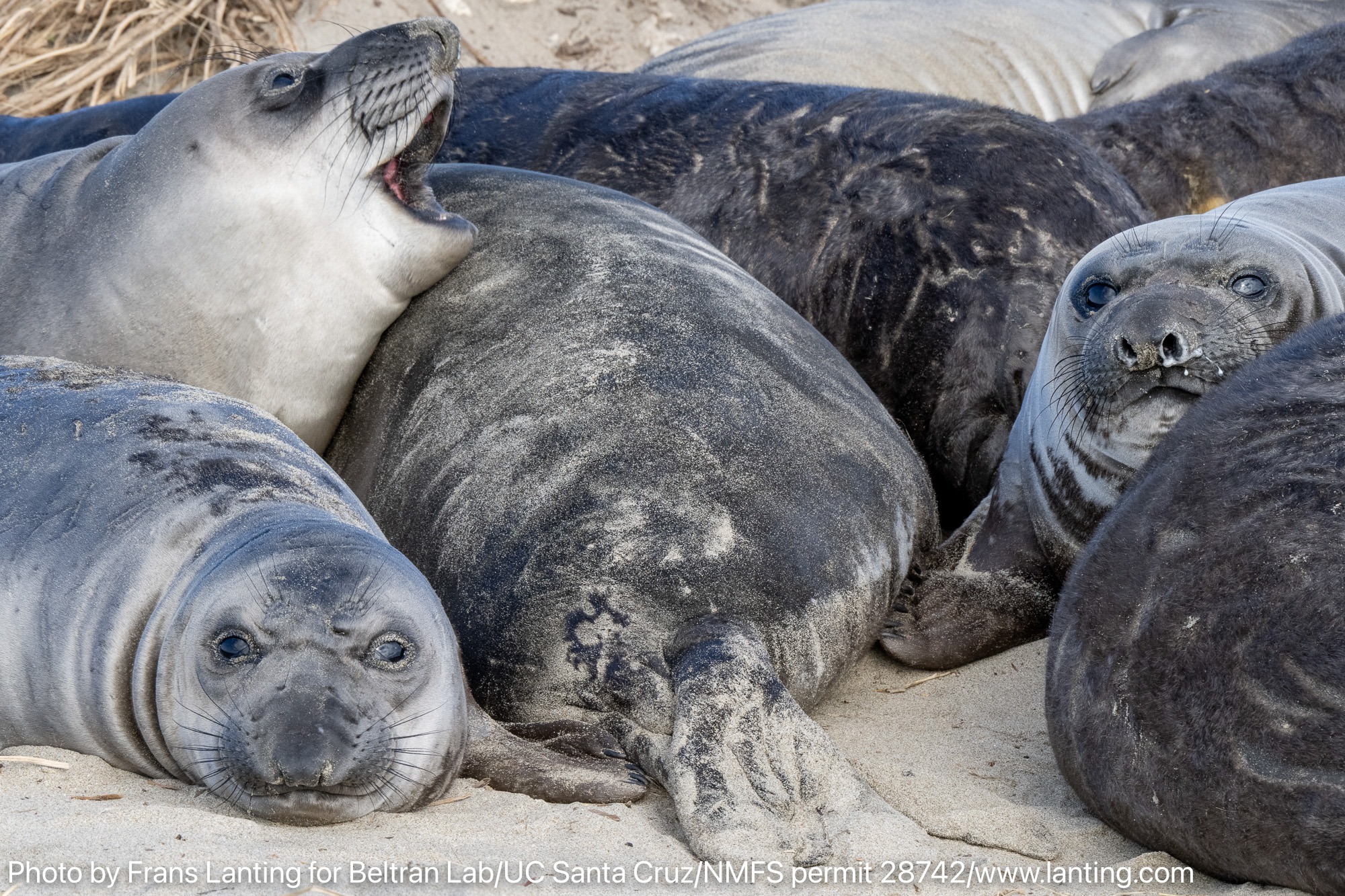Empty shelves, packed waiting rooms hospital beds filling up — flu, COVID and RSV continue to stress the health care system and the patients who need it.
"It is absolutely miserable to see him hooked up to IVs and cords and monitors and on the oxygen," said Alyssa Rogers, whose son is hospitalized with RSV. "He's been fighting to breathe, to sleep, to eat. I mean, poor thing has lost his voice because he's crying so much, so he can't even have an actual cry."
In Chicago, hospital pharmacist Sterling Elliot worries for the young patients who need the liquid versions of Tamiflu, amoxicillin or over the counter fever reducers, like Tylenol or Motrin. All are very hard to come by right now.
"Those are kids whose doses are weight-based, and so the liquid formulation is really the best way to get a patient a true, weight-based dose," Elliot said. "We're calling around from wholesalers to wholesalers to see if we can get the product in for patients."
Las Vegas pharmacist Sally Chia says her wholesaler told her it'll take a month to restock the antiviral Tamiflu.In Indiana and Arizona, providers are pleading with the public to avoid the emergency room if possible.
"Literally they have a patient, they deliver to the hospital after delivering treatment and then having to get right back out there," Chia said. "It's definitely impacted hospital operations, emergency departments, in-patient bed availability, it's increased times."The latest Health and Human Services data shows about 77% of U.S. hospital beds are full.The CDC's most recent flu report shows nearly 26,000 people were hospitalized with the flu in the week following Thanksgiving, and they expect cases to climb after December's holidays.
The CDC believes RSV cases have peaked in the South and Southeast and leveled in the mid-Atlantic, New England and the Midwest. RSV season usually ends around February.
As for COVID cases, hospitalizations continue to rise. In California, COVID hospitalizations are up 150% in a month.
Current community transmission of the virus has increased since Halloween and is now high for most of the country, according to the CDC.
Many health experts are pushing updated COVID and flu shots, and some are recommending masks. But not everyone is jumping back on board. Some people say they've gotten used to not wearing one and won't again, while others say they feel safer wearing one while viruses are spreading at higher rates.











